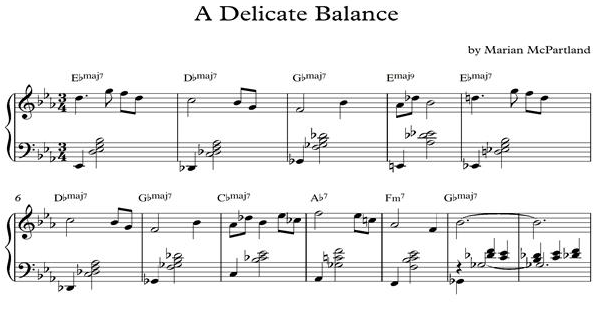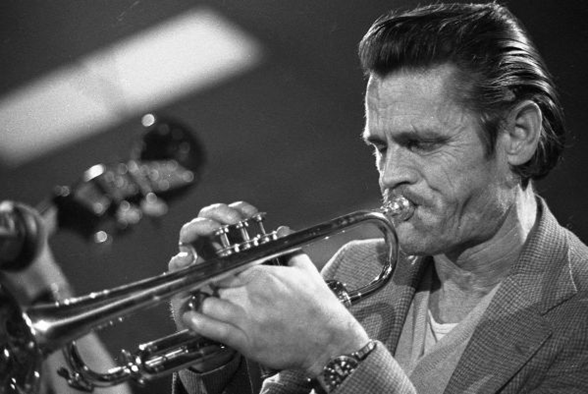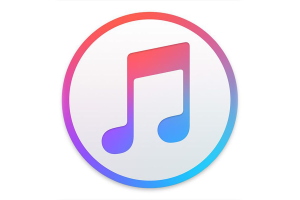WHY I LOVE MAJOR 7th CHORDS
I have been in love with the sound of the major 7th chord for as long as I can remember.
Here’s why.
Go to a piano (no experience required) and play the following chord:
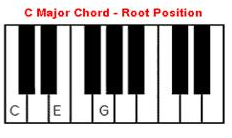
Now, play this:
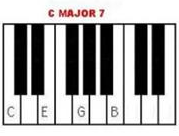
Do you hear what I mean?
Major 7th chords have been around music for a long time. The Renaissance period (1450 – 1600) had a few (although they didn’t really think in terms of chords then). Bach used them occasionally and even Mozart and Beethoven. But it wasn’t till the 19th century that they started to come into their own.
In 1888, the French composer Erik Satie composed three slow waltzes for solo piano, entitled Gymnopédies.
The first one alternates two major seventh chords at the beginning:

It’s a gorgeous song.
I discovered another beautiful example in my first year at university when I started working on the piano arrangement of “Wedding day at Troldhaugen” by the Norwegian Edvard Grieg ( 1843 – 1907 ). When I got to the slow middle section, there it was in the fourth bar:

Early rock tended to ignore them as it had a focus on the boring old triad but you couldn’t keep the secret hidden forever. Examples where the major 7th chord can be heard are “This Boy” by the Beatles, “Color My World” by Chicago, “You’ve Made Me So Very Happy” by Blood Sweat and Tears” and one of my favorites “So Far Away” by Carole King.
Have a listen on YouTube:
This Boy (1st chord) https://www.youtube.com/watch?v=O_vqE2hBWkg
Color My World (1st chord) https://www.youtube.com/watch?v=swHjpyrV1e8
You’ve Made Me So Very Happy (2nd chord “love before”)
https://www.youtube.com/watch?v=quVpo96O3ZU
So Far Away (opening 2 chords) https://www.youtube.com/watch?v=1GAaWz4X4nUIf
If any musical genre has done more for the major 7th chord it has most certainly been JAZZ. It adopted the saxophone as its signature instrument when no one else wanted it and has provided a true home for major 7th chords. I guess that’s why I’m such a huge jazz fan. In closing, here is a somewhat obscure piece by the late great jazz pianist and composer Marian McPartland. It’s one of my favorites and CHECK OUT ALL THE MAJOR 7TH CHORDS!!!
